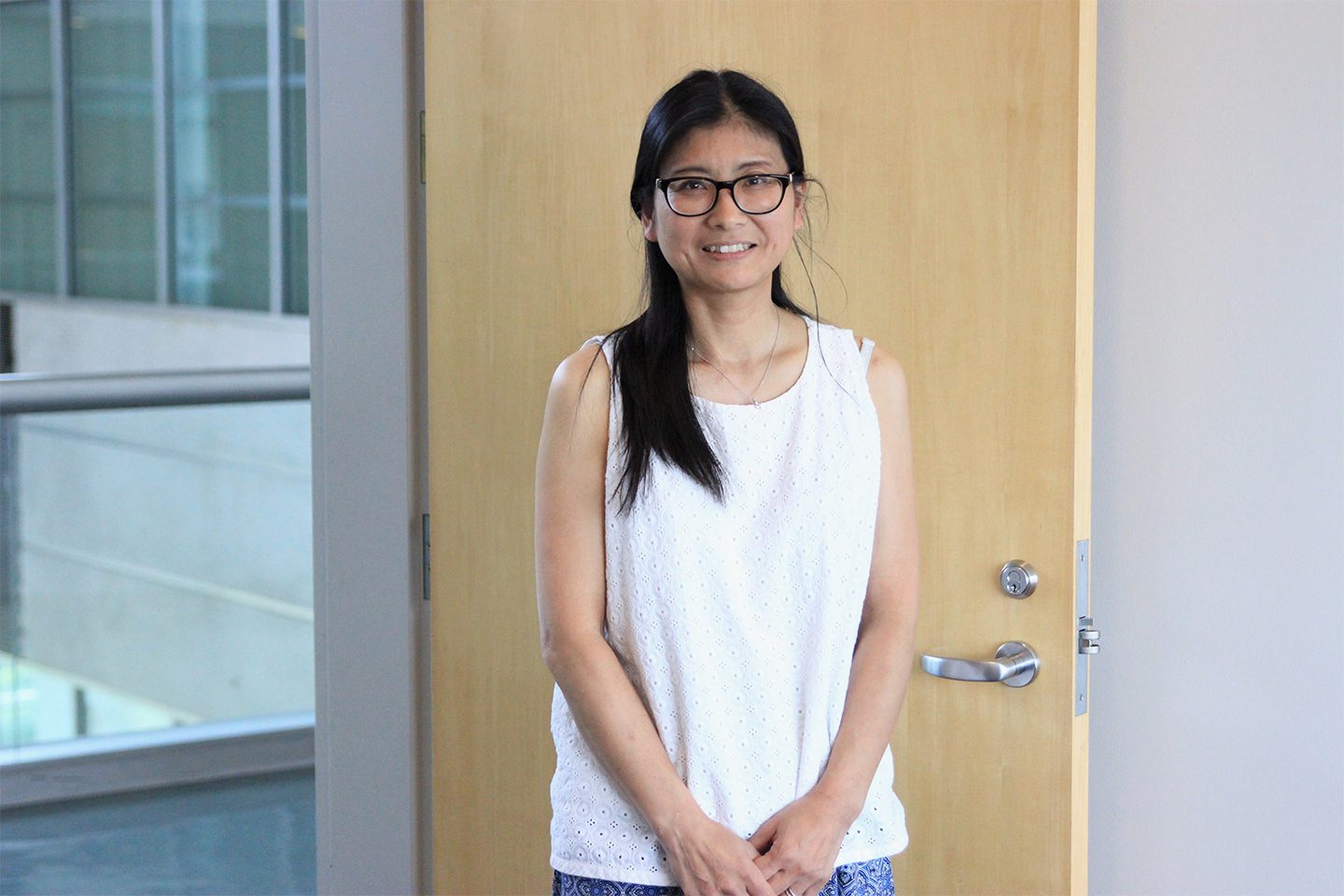Shemika Whiteside is the Co-Founder and Executive Director of Zora’s Cradle, a maternity program to help women in Louisville, Kentucky with housing, medical and mental health needs, birthing support, and social services.
Her idea for Zora’s Cradle came from her own traumatic and life-altering experience. After earning her Master’s in Social Work at the University of Louisville in 2013, Shemika was pregnant and without a permanent home. The one maternity care facility available at the time took her in, but she did not feel truly supported there. She simply could not find the community-based resources she needed.
In her fifth month of pregnancy, she began experiencing severe pain. The staff at the maternity program disregarded her concerns, but a retired nurse became her advocate and connected her with OBGYN services. Due to low amniotic fluid, the doctor said she would deliver early but that they would monitor her condition. Her pain continued and Shemika insisted she was having contractions but was told to go home. Just days later, she had her daughter, Zora, with an emergency C-section. She only lived three days.
At the maternity program, Shemika could not access grief counseling or a health care follow-up plan. She left to stay with a friend while waiting for an apartment. “I was very, very angry for years.”
It’s now Shemika’s mission to ensure other women do not have similar experiences during pregnancy. Driven by the concern for rising maternal morbidity, particularly for Black women, she hopes Zora’s Cradle can ensure that expectant mothers of all walks of life are supported throughout their pregnancy, with each newborn being welcomed into a loving environment.
Her message to mothers in need of support: “You might be initially hesitant to seek out maternity supports for personal matters, but when you do, you will feel confident that you are taking a courageous first step towards getting to a better place and being a better you.”

